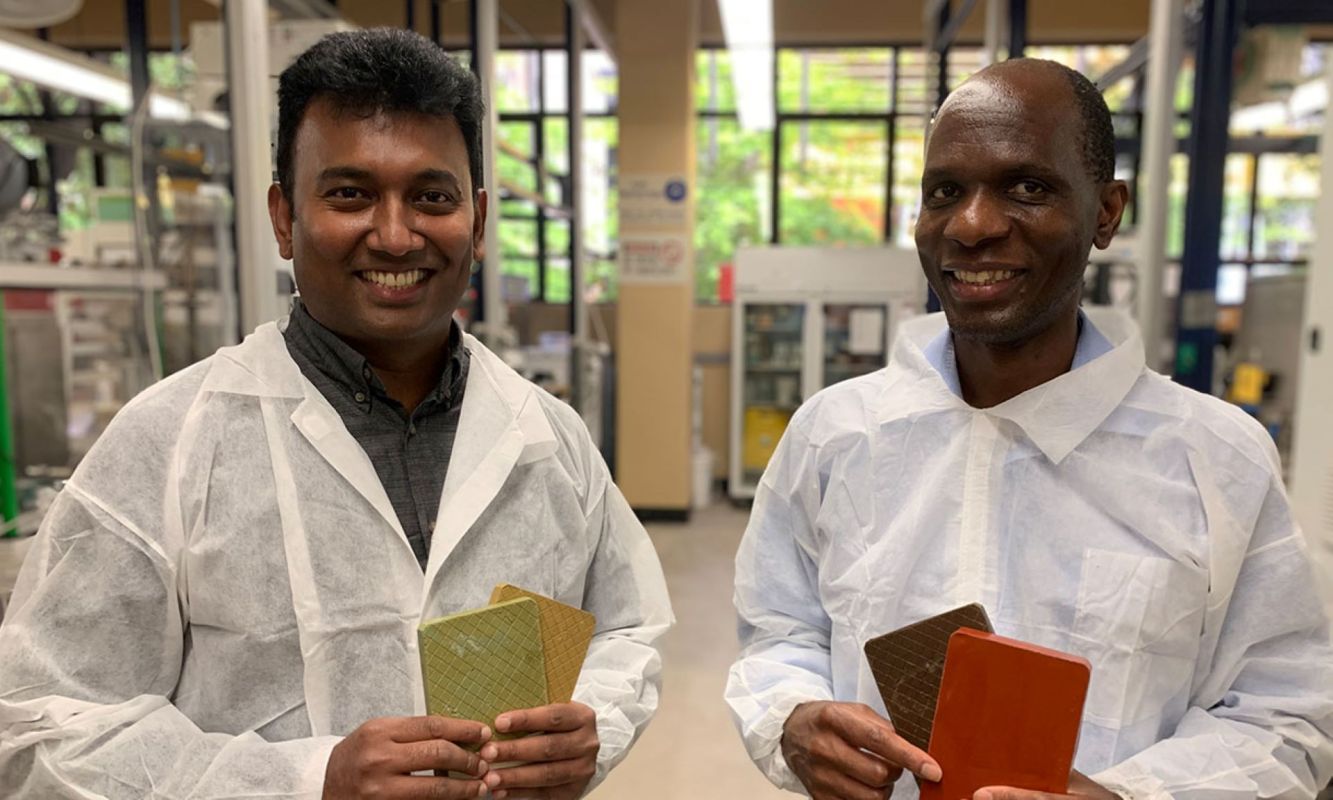An innovation from RMIT University in Australia can turn discarded glass into resilient, fire-resistant building claddings.
With a mixture that includes 83% recycled glass, a smidge of "plastic binders," and some fire-retardant additives, the team claims in a lab report to have a product that can improve building construction while preventing heaps of glass from ending up in landfills. It's an innovative solution to help us better reuse some of the massive amounts of waste produced — somewhere around 300 million tons in the United States alone — each year.
Glass is one of the materials piling up in landfills. More than 143 million tons of it are produced worldwide annually. Sadly, RMIT notes that only 21% is recycled. What's more, glass production generated nearly 105 million tons of air pollution in 2022, according to data collector Statista.
"Glass is one of the most recyclable materials in the world as it doesn't lose its quality or purity, and it can be recycled for multiple uses across a wide range of industries," associate professor Dilan Robert said in the lab summary.
The RMIT cladding has proved to be better than other glass building overlays, as the material isn't as brittle. Further, it's "fire-safe, water-proof, and cheap," all per the researchers. They envision the cladding being used on high-rise buildings, where it could stop the spread of fires. Claddings can also provide insulation, durability, and even aesthetics.
"Experiments have proven that our claddings … meet structural and environmentally sustainable requirements," Robert said in the university report.
He is pictured on the RMIT website holding a couple of glass bottles that are ready to be turned from old vessels for wine and other liquids into building claddings. Another photo shows Robert and associate professor Everson Kandare holding earthy-colored samples.
Other recyclers are also working to make better use of our old glass. Glass Half Full in New Orleans turns trashed bottles into flooring, sandbags, and sand to restore coastlines. It's part of a trend in the construction industry in which designers are developing smarter, sustainable building methods. Oftentimes, the more efficient structures include significant energy savings.
At RMIT, the team reports that the cladding material was tested for large-scale manufacturing. Panels were installed on campus to showcase the invention's capabilities.
It's part of a vision for a cleaner future, starting with reusing a common product.
"Reuse of glass that would otherwise go to landfill will bring environmental, economic, and social benefits," Robert said in the RMIT report.
Join our free newsletter for weekly updates on the coolest innovations improving our lives and saving our planet.









